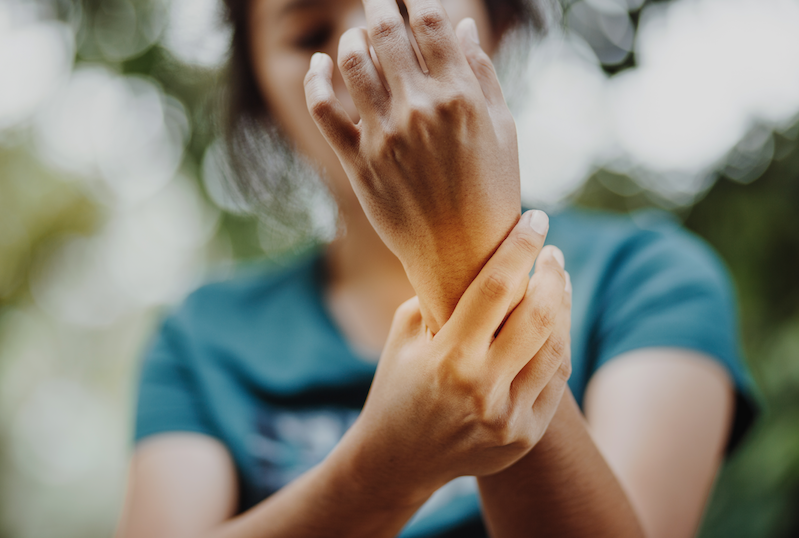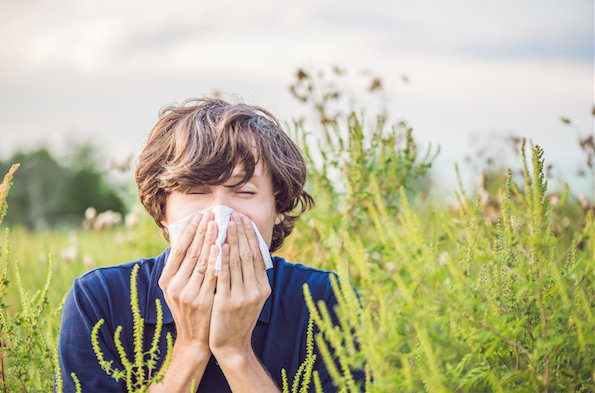
This article is for informational purposes only and is not intended as medical advice. For further information, please consult a medical professional. © 2007-2009. 2012, 2014, 2017-2018 Zywave, Inc. All rights reserved.
- • Both sides of the body being affected at the same time
- • Inflamed joints that affect the wrist and finger joints closest to the hand. Other affected joints can include the neck, shoulders, elbows, hips, knees, ankles and feet.
- • Fatigue, occasional fever and a general sense of not feeling well
- • Pain and stiffness that lasts for more than one hour after waking in the morning or after a long rest.
Treatment
Highly effective drug treatments are available to treat rheumatoid arthritis, but early treatment is critical. Current treatment methods focus on relieving pain, reducing inflammation, stopping or reducing joint damage and improving patient function and well-being. In addition, treatment usually involves some combination of exercise, rest, joint protection and physical or occupational therapy. Surgery is an option if joints are damaged and painful. Overall, a balance of rest and exercise can help conserve energy, as well as maintaining range of motion and use of the joints.
RHEUMATOID ARTHRITIS
Rheumatoid arthritis, one of the most common forms of arthritis, refers to inflammation of the membranes lining the joints. It is a systemic disease that affects the entire body, including the blood, lungs and heart.
Causes
The cause of rheumatoid arthritis is unknown, but it is categorized as an autoimmune disease, which means the body’s natural immune system does not operate as it should. It attacks healthy joint tissues, causing inflammation and subsequent joint damage. There are several factors that are believed to contribute to this disease, putting certain people at higher risk:
- • Genetics or hereditary factors—Certain genes in the immune system may be involved in determining whether or not rheumatoid arthritis develops.
- • Environmental factors—Rheumatoid arthritis can be triggered by an infection, like a virus or bacterium in people who have an inherited tendency for the disease. However, it is not a contagious disease.
Symptoms
Rheumatoid arthritis causes inflammation of the joint linings, which leads to pain, swelling, stiffness and loss of function. It can also cause inflammation of tear glands, salivary glands and the linings of the heart and lungs. Symptoms of rheumatoid arthritis differ, but commonly include the following:
- • Inflamed joints that feel tender, warm and swollen Download pdf
Health and wellness tips for your work, home and life—brought to you by the insurance professionals at Deutsch & Associates, LLC















